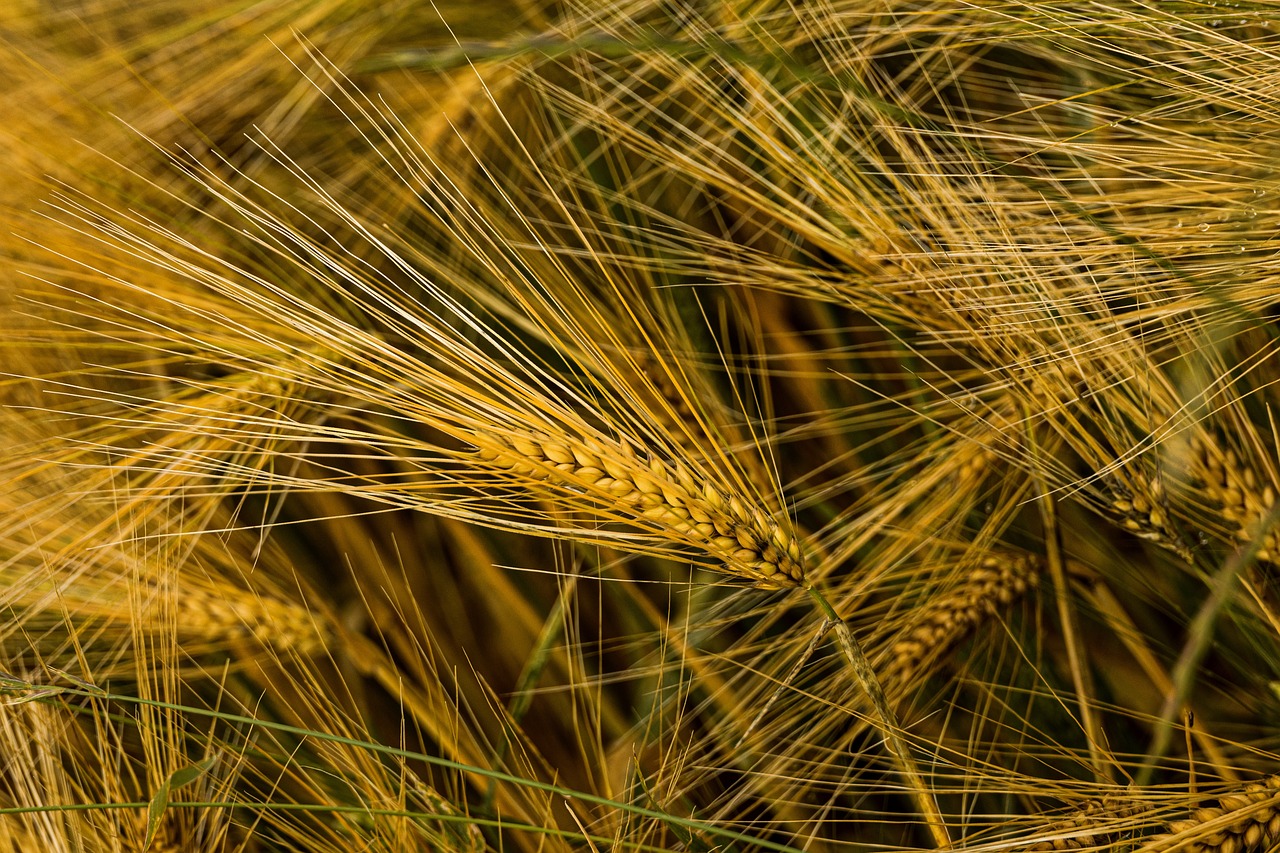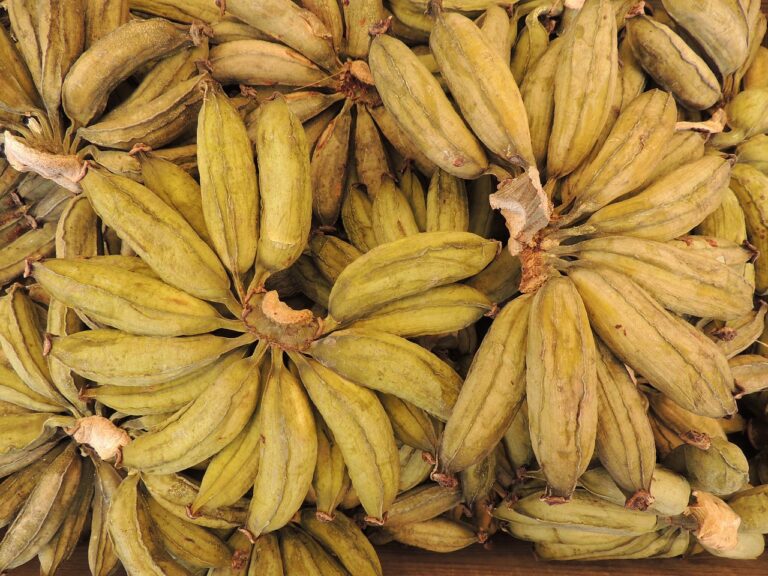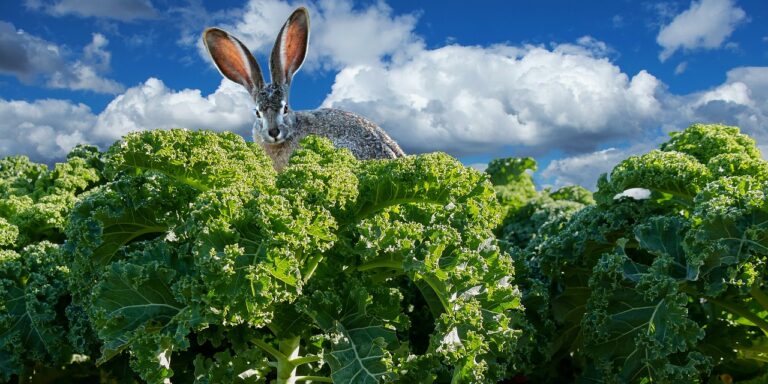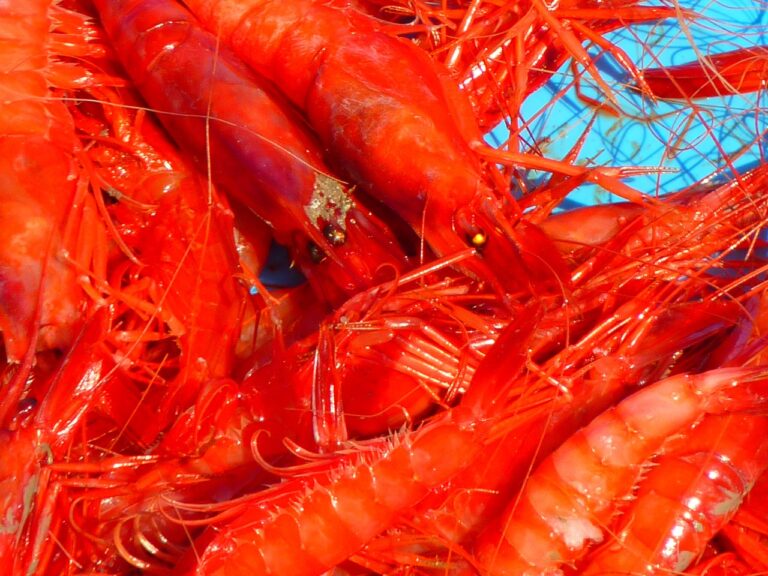Spotlight on Sustainable Krill Harvesting for Protein Bar Ingredients: Skyexch win, World777 com id, Goldbet7 com
skyexch win, world777 com id, goldbet7 com: Spotlight on Sustainable Krill Harvesting for Protein Bar Ingredients
In recent years, there has been a growing trend towards sustainable practices in the food industry, with a particular focus on sourcing ingredients responsibly. Krill, a small shrimp-like crustacean, has emerged as a popular choice for protein bar manufacturers looking to incorporate sustainable and nutritious ingredients in their products.
The harvesting of krill for use in protein bars has gained attention due to its high protein content, omega-3 fatty acids, and other essential nutrients. However, concerns have been raised about the impact of krill harvesting on marine ecosystems, leading to a push for more sustainable practices in the industry.
In this blog post, we will take a closer look at sustainable krill harvesting for protein bar ingredients, exploring the benefits of using krill in protein bars, the challenges faced by the industry, and the steps being taken to ensure responsible sourcing of this valuable resource.
The Benefits of Krill in Protein Bars
Krill is a nutrient-rich food source that offers a range of health benefits, making it a popular option for protein bar manufacturers. Krill is high in protein, with each gram of krill containing approximately 14 grams of protein. This makes it an ideal choice for those looking to increase their protein intake through natural sources.
In addition to its protein content, krill is also rich in omega-3 fatty acids, which have been linked to a variety of health benefits, including reduced inflammation, improved heart health, and cognitive function. Krill also contains astaxanthin, a powerful antioxidant that helps protect cells from damage caused by free radicals.
Overall, krill provides a nutritious and sustainable alternative to traditional protein sources, making it an attractive option for those looking to make more environmentally conscious choices in their diet.
The Challenges of Krill Harvesting
While krill offers a range of benefits as a food source, the harvesting of krill is not without its challenges. Krill plays a critical role in marine ecosystems, serving as a primary food source for a variety of marine animals, including whales, seals, and penguins. As such, the overharvesting of krill can have far-reaching impacts on these ecosystems.
In recent years, concerns have been raised about the sustainability of krill harvesting practices, particularly in the Antarctic, where the majority of the world’s krill is found. The rapid growth of the krill harvesting industry has led to fears that overfishing could have serious consequences for marine life in the region.
Steps Towards Sustainable Krill Harvesting
Recognizing the importance of sustainable practices in the krill harvesting industry, a number of organizations and companies have begun taking steps to ensure responsible sourcing of krill for use in food products, including protein bars.
One key initiative that has gained traction in recent years is the Marine Stewardship Council (MSC) certification, which aims to promote sustainable fishing practices and ensure that krill stocks are harvested in a responsible manner. Companies that are MSC-certified must adhere to strict guidelines to protect marine ecosystems and ensure the long-term viability of krill populations.
In addition to MSC certification, many companies are also investing in innovative harvesting technologies that minimize the impact of krill harvesting on marine ecosystems. These technologies include low-impact fishing methods, such as using underwater cameras to target specific krill populations and reduce bycatch.
By adopting these sustainable practices, companies can help ensure the long-term sustainability of krill populations while still providing consumers with a nutritious and environmentally friendly protein source.
FAQs
Q: Is krill harvesting sustainable?
A: With the adoption of sustainable practices such as MSC certification and innovative harvesting technologies, krill harvesting can be done in a responsible manner that minimizes its impact on marine ecosystems.
Q: Are there any environmental concerns associated with krill harvesting?
A: Overharvesting of krill can have serious consequences for marine ecosystems, as krill serves as a critical food source for a variety of marine animals. However, by adopting sustainable practices, these concerns can be mitigated.
Q: Are there any health benefits to consuming krill in protein bars?
A: Yes, krill is a nutrient-rich food source that offers a range of health benefits, including high protein content, omega-3 fatty acids, and astaxanthin, a powerful antioxidant.
In conclusion, sustainable krill harvesting offers a promising solution for protein bar manufacturers looking to source ingredients responsibly. By adopting sustainable practices and investing in innovative technologies, companies can ensure that krill populations are protected while providing consumers with a nutritious and environmentally friendly protein source.







